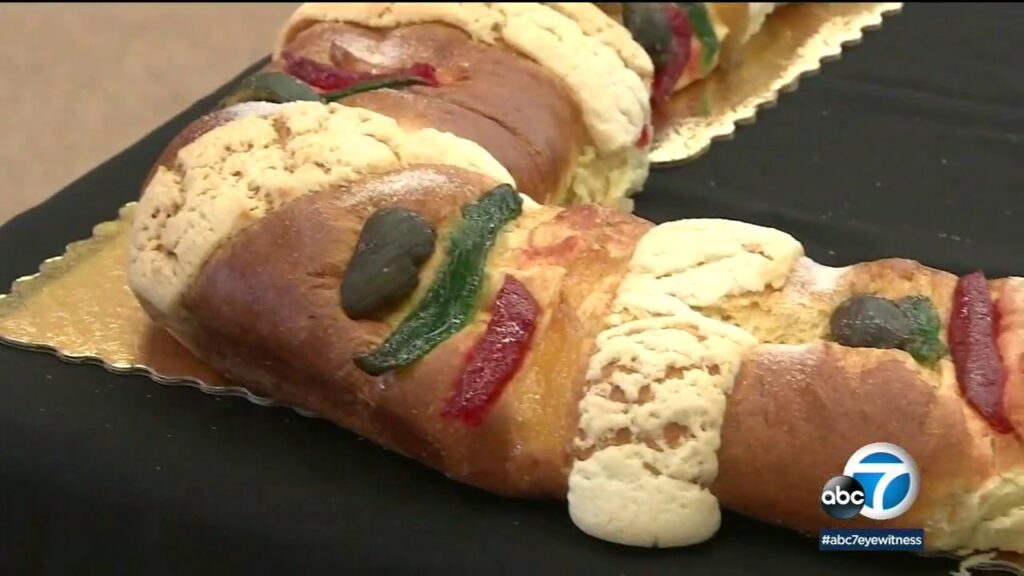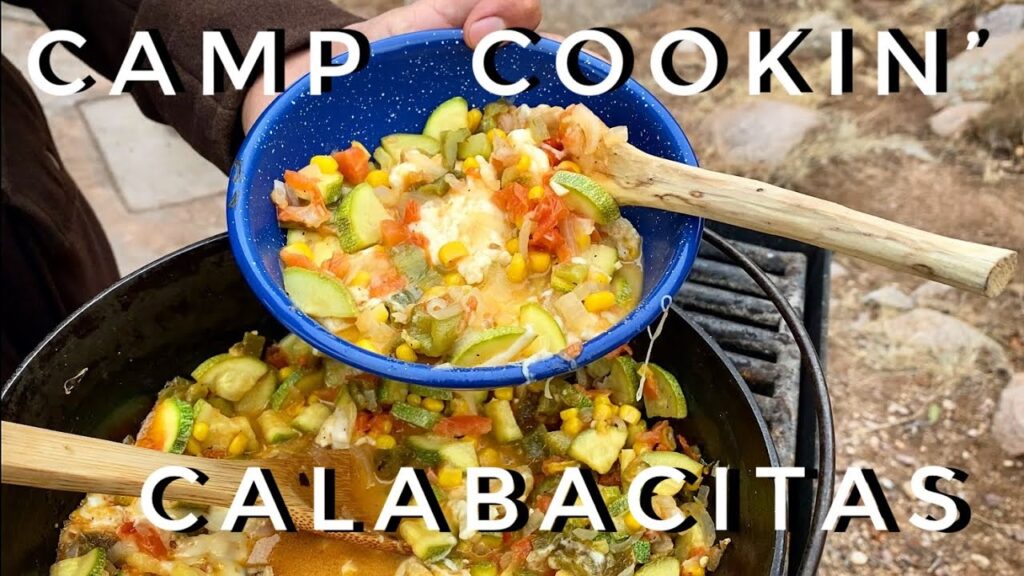The Enchanting Tradition of Roscas de Reyes
Roscas de Reyes, or King’s Cake, is a cherished tradition that sweeps across Mexico every year on January 6th. This date, known as Día de Reyes (Three Kings’ Day), commemorates the biblical story of the three wise men who followed a star to bring gifts to the newborn Jesus. In Mexican culture, this day is celebrated by sharing a Rosca de Reyes with family and friends, embodying the union and the joy of sharing during the holiday season.
The Rosca de Reyes is not just a cake; it’s a masterpiece of sweet bread adorned with candied fruits and sugar, often infused with flavors like orange blossom and vanilla. The candied fruits, with their vibrant colors, symbolize the jewels that adorned the wise men’s clothing. But it’s not merely the taste and appearance that make the Rosca special; the real excitement lies within the bread. Hidden inside are one or more tiny figurines, often representing the baby Jesus. The tradition dictates that whoever finds the figurine in their slice has a special role to play.
Finding the figurine comes with both privilege and responsibility. The lucky individuals who find it are referred to as Godparents of Jesus, and they are tasked with hosting a subsequent party on February 2nd, known as Día de la Candelaria (Candlemas Day). This follow-up celebration requires the Godparents to dress up a figurine of the baby Jesus in special clothes and present it at the church for a blessing. Following the church ceremony, the Godparents provide tamales and atole, traditional Mexican dishes, to their guests, thereby closing the festive season.
The Rosca de Reyes is therefore much more than just a dessert; it’s a social event that engages communities, upholds cultural identity, and strengthens bonds. Bakers and pastry chefs take immense pride in crafting these elaborate breads, with some creating enormous Roscas for public gatherings and others crafting intricate, artisanal versions. No matter where you are in Mexico on January 6th, the air is sweet with the scent of baking Roscas, and the warmth of shared traditions can be felt throughout the nation.
Unveiling the Best Roscas of the Century
Exploring the culinary delights of Mexico leads us to the sweet and circular world of Roscas. These traditional Mexican pastries tell a story that transcends generations, with each region boasting its unique twist on the classic recipe. Embarking on a quest for the best Roscas of the century, travelers are rewarded with flavors that are as rich as the culture they emanate from.
Rosca de Reyes, also known as Kings’ Ring, stands out as a star amongst these pastries. Traditionally eaten on January 6th to celebrate Epiphany, this bread is adorned with candied fruits and hidden inside is a small figurine, symbolizing the hiding of the infant Jesus. The lucky finder typically hosts a subsequent celebration in February. This pastry is not just food; it’s a participatory cultural event.
But the journey through the world of Roscas doesn’t end there. Rosca de Pascua is another seasonal favorite, embracing the essence of Easter with each bite. Its blend of nuts and dried fruits is reminiscent of the fertile period of spring, and its circular shape represents the cycle of life. Paired with a steaming cup of Mexican hot chocolate, it’s a treat that warms the soul as much as the palate.
Diving deeper into the variety, you’ll encounter the Rosca de Corpus Christi. This particular Rosca has a more artisanal appeal, often found in local Mexican bakeries that have perfected the recipe over decades. The bread’s texture is denser, and it’s typically decorated with queso fresco, making it a savory iteration of the classic Rosca. It’s a testament to the adaptability and diversity of Mexican pastry cuisine.
Finally, the Rosca de la Feria captures the spirit of Mexico’s vibrant fairs. This Rosca is a colorful spectacle, mirroring the energy and excitement of festival life. Topped with brilliant hues of frosting and sprinkles, this pastry doubles as a visual feast, attracting both the young and the young-at-heart. Its sweetness is a reflection of the joyous occasions it represents.
Mexico’s Finest King’s Cakes – A Culinary Journey
For food enthusiasts and cultural wanderers alike, the King’s Cake, or «Rosca de Reyes», is a festive delight that embodies the rich traditions and flavors of Mexico. Tracing its origins back to European festivities, this scrumptious treat has proudly taken its place among the vast array of Mexican culinary gems. This ring-shaped sweet bread, adorned with candied fruit and sugar, holds a special surprise – a tiny figurine representing the baby Jesus hidden within its fluffy layers, promising prosperity and luck to the finder.
As January dawns and the Christmas season in Mexico winds to its majestic end, the Rosca de Reyes beckons families and friends to come together, continue the celebrations, and indulge in a slice (or two) of this delectable pastry. The tradition not only satisfies the palate but also fosters a sense of community and continuity of age-old customs, as participants gather on the Epiphany day, also known as «Día de los Reyes Magos», to cut the cake and eagerly anticipate the revelation of the hidden figurine.
In Mexico, the finest King’s Cakes are masterpieces of the baker’s art, varying from region to region, each offering a unique flavor profile and presentation. Some bakers in Puebla, for instance, infuse their creations with local ingredients like «piloncillo» (unrefined sugar) and native «ate» (fruit paste), while those in Veracruz might incorporate elements of the tropical surroundings, such as pineapple and coconut, giving a distinctive twist to each bite.
The experience of enjoying a Rosca de Reyes extends beyond its enticing flavors. It comes with a responsibility: the one who finds the figurine is obliged to host a subsequent celebration on February 2nd, known as «Día de la Candelaria», complete with tamales and atole. This engaging social custom is awaited with much anticipation, as it extends the holiday festivities and strengthens bonds within the community.
For travelers seeking the most authentic and flavorful King’s Cakes in Mexico, exploring local bakeries during the season is a must. From the grand pastelerias of Mexico City to the small-town panaderias sprinkled throughout the countryside, each offers a slice of heaven, a tasty testament to the nation’s rich cultural tapestry. Don’t miss the chance to savor this culinary journey, a slice of Mexican heritage that captivates the taste buds and warms the soul.
Discover Timeless Recipes for the Perfect Rosca
The quest for the ultimate Rosca de Reyes recipe is a journey steeped in tradition and flavor. As integral to Mexican festivities as the vibrant parades and heartfelt songs, the Rosca is a sweet bread that takes center stage during the celebrations of Epiphany. In Mexico, sharing a slice of this ornate, wreath-shaped delicacy with family and friends is not only a culinary treat but a cherished cultural ritual.
Master bakers across Mexico have, for generations, honed their recipes to achieve a Rosca de Reyes that is not only visually stunning but also rich in taste. The dough, kissed with the fragrances of orange zest and anise, is the canvas upon which this edible art is crafted. Variations of the recipe exist, with some regions incorporating native ingredients such as piloncillo, a raw form of pure cane sugar, or embracing local spices that elevate the bread’s complex flavors.
The adornment of the Rosca is a testament to the baker’s creativity and intention. The colorful candied fruits that bespeckle its crust are not merely decorations; they represent the jewels that adorned the robes of the Three Wise Men. Amidst the sweet dough, a miniature figurine is hidden, symbolizing the Baby Jesus. The person who finds this trinket is said to be blessed with good fortune and is traditionally tasked with hosting the upcoming Candlemas celebration.
Embarking on the creation of your own Rosca de Reyes is a profoundly rewarding experience that ties you to the rich tapestry of Mexican culture and history. Crafting the perfect Rosca is more than just following a recipe; it’s embracing the spirit of community and the joy of sharing a meal with loved ones. Every twist of the dough and placement of the fruit is a step closer to participating in a timeless Mexican tradition that spans centuries.



